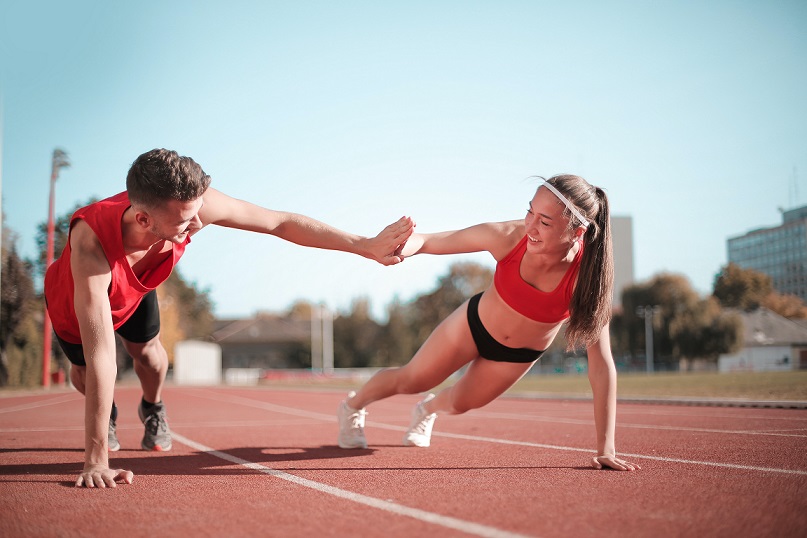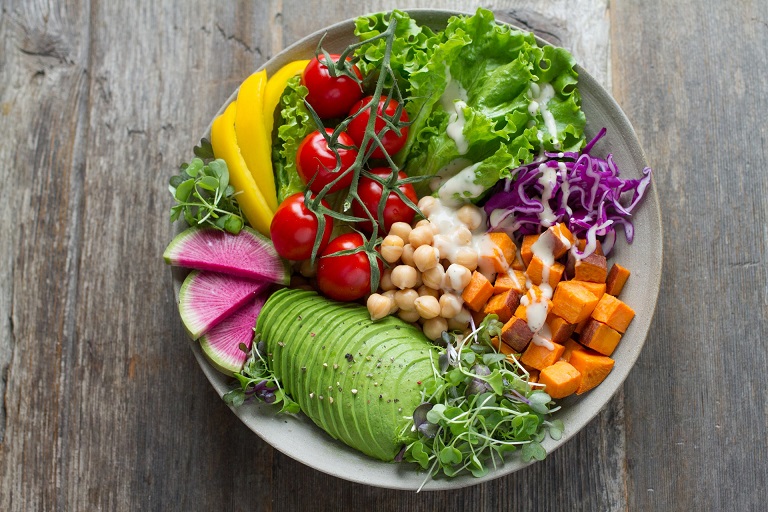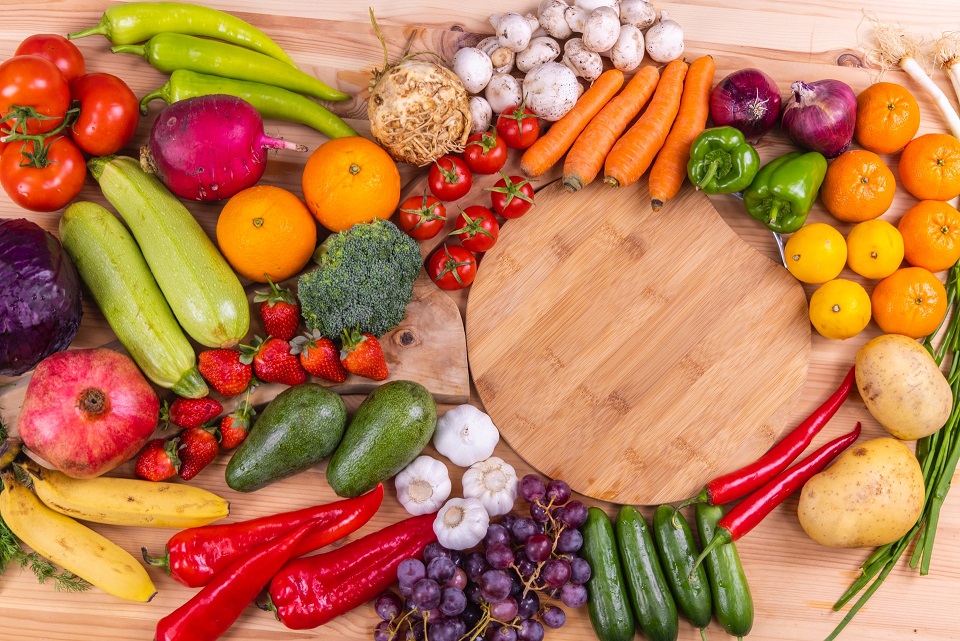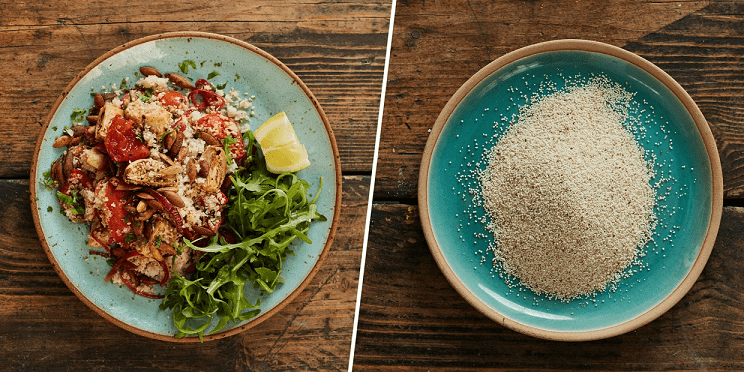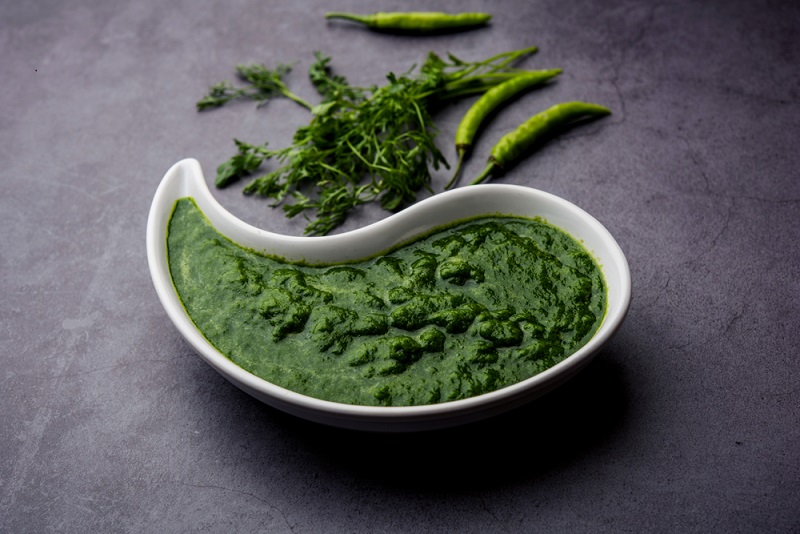Fitness and training on a vegan or plant-based diet is the way to go for many health and wellness professionals today. A plant-based diet does not have to be boring, however, there are some simple ways to improve your nutrition intake by swapping out common staples like chicken breast for vegetables like zucchini or potatoes. In this journal, we talk about some of the benefits of a vegan lifestyle and how you can incorporate some easy swaps into your weekly grocery list to improve your performance as an athlete.
Vegan and plant-based diets are a huge part of many people’s exercise plans. But it can be hard to figure out what to eat, how to cook, and how to shop in the first place. That’s where the experts at Plant-based Diet come in. We help you understand what’s really behind a vegan lifestyle and offer practical tips on how you can easily incorporate it into your life today.
Keeping a routine
Every person is different, so your approach to fitness will be unique. It’s not just about finding a diet that fits you; it’s also about finding a workout routine that works for your body, goals, and schedule. So, the routine should not be overlooked, even when following a strict diet.
A plant-based diet can be a great way to lose weight, but it’s also an effective way of keeping your weight under control for life. If you’ve heard about veganism and plant-based diets and want to know how effective they are, here are six top benefits of going vegan:
- Reduced risk of cancer
- Improved athletic performance
- Low levels of bad cholesterol
- Reduced risk of heart disease
- Reduced inflammation
- Improved gut health
Getting enough Protein
It’s the question that vegans and whole-food, plant-based eaters hear all the time: “Where do you get your protein?” Given the abundance of misinformation on the subject, concern over protein deficiency is understandable—but totally unfounded in science.
In general, athletes may easily acquire enough protein on a whole-food, plant-based diet and don’t even need to focus on eating entire foods with high protein concentrations, such as beans, or even drink protein powders or bars. Athletes do require more protein (and all nutrients) than sedentary people, but there is no evidence that they require a higher percentage of protein compared to other macronutrients in their diet to perform more optimally. In other words, most athletes simply need to consume more overall.
